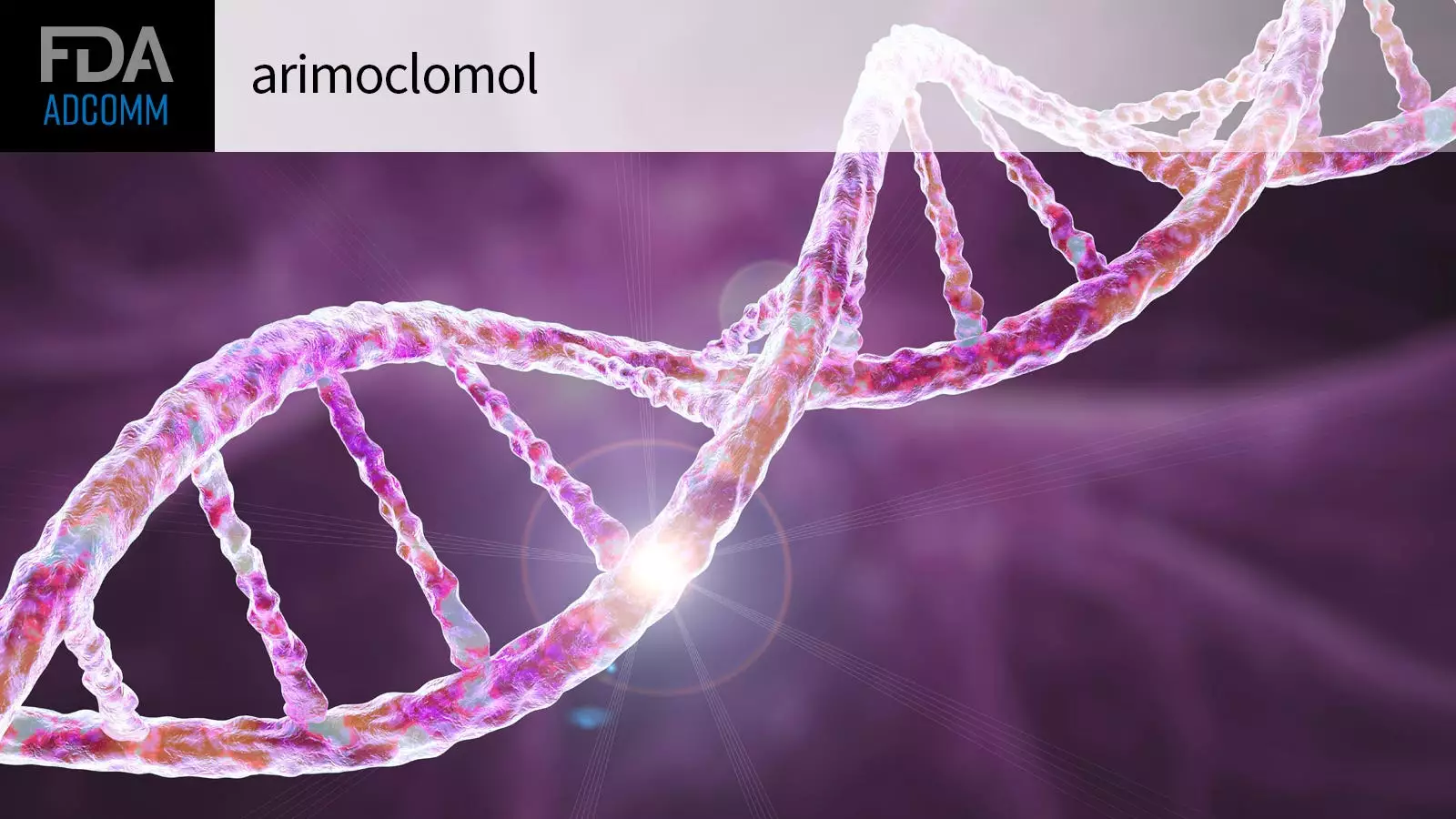The recent vote by the Genetic Metabolic Diseases Advisory Committee highlighted the potential efficacy of arimoclomol as a treatment for Niemann-Pick disease type C, a rare and fatal neurovisceral genetic disorder. Despite some concerns raised by a minority of members, a majority of the committee voted in favor of the treatment based on the totality of clinical and nonclinical data, as well as its favorable safety profile. If approved by the FDA, arimoclomol would be the first indicated treatment for this disorder, which currently only has symptom management therapies available.
The primary endpoint of a successful 50-patient phase II/III randomized clinical trial was re-scored following previous rejection in July 2020. The re-scoring involved the use of a 4-Domain scale that excluded the cognitive domain present in the previous 5-Domain scale. Results from the trial showed that patients receiving arimoclomol had a significantly slower rate of disease progression compared to those on a placebo. Despite this positive outcome, some committee members expressed skepticism due to potential inconsistencies in the supporting data, including results from additional in vitro and in vivo studies.
Members who voted against approval of arimoclomol cited concerns about the nonclinical data, particularly regarding the drug’s mechanism of action. Questions regarding the dosing of mice in the studies and the lack of clarity on the mechanism of action were key factors contributing to their decision. Additionally, some members expressed doubts about the overall strength of the clinical trial data and the level of unmet need that arimoclomol would address in patients with Niemann-Pick disease type C.
On the other hand, committee members who voted in favor of arimoclomol highlighted the drug’s favorable safety profile as a key factor in their decision-making process. The treatment was well-tolerated, with only two treatment-related serious adverse events reported during the pivotal trial. A lower incidence of serious adverse events in patients receiving arimoclomol compared to those on placebo was seen as a significant benefit, particularly in the context of rare diseases where treatment burden can be high.
While the FDA is not obligated to follow the recommendations of the advisory committee, it often does so. A final decision on the approval of arimoclomol for Niemann-Pick disease type C is expected by September 21, 2024. The outcome of this decision will have a significant impact on the treatment landscape for patients with this ultra-rare disorder, potentially offering a new therapeutic option where none currently exists.
The evaluation of arimoclomol for Niemann-Pick disease type C raises important questions about the interpretation of clinical trial data, the role of nonclinical data in decision-making, and the balance between efficacy and safety in the approval of new treatments for rare diseases. The deliberations of the FDA committee underscore the complexities involved in assessing the potential benefits and risks of investigational therapies and highlight the need for rigorous evaluation and debate in the regulatory review process.



Leave a Reply